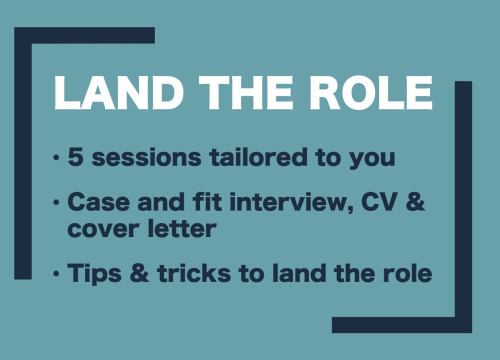I got 2 questions reading books “Case interview secret” and “Case in point”
1. In case interview secret, the writer says that if I find some disproving facts regarding initial hypothesis during the interview, then I should revise my hypothesis and the issue tree for that hypothesis.
it that happens Does it mean that I have to ask for time out and restructure the issue tree? or Do I have to come up with the issue tree without time out?
if the former is right, it feels unnatural because it would take another 1~2 min in the middle of the interview.
if the latter is the case, it feels impossible for me to come up with new issue tree or revise it without time to think.
How should I deal with the situation like that in real interview?
2. I'm in recruiting process for experienced hire(mck), so honestly I know I'm able to be prepared as much as the undergraduates or MBA students do. However, I'm doing the best I could reading some books (including the ones I mentioned) and studying them.
But some of the cases I read from the “Case in point” seem too difficult and I don't think I can ask questions like that or analyze like the interviewee in that book.
So my question is
Do most of the candidates who got offer do the interview like that?

